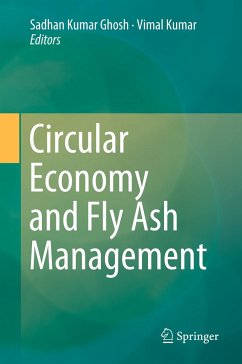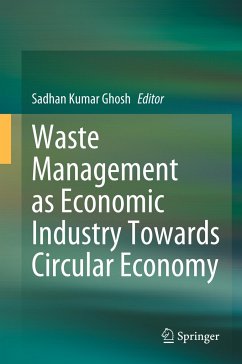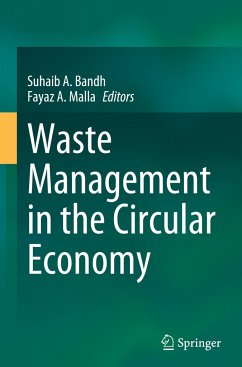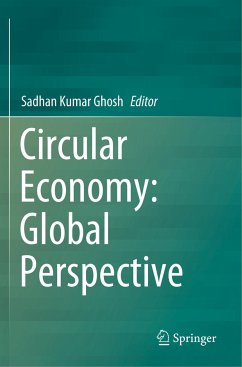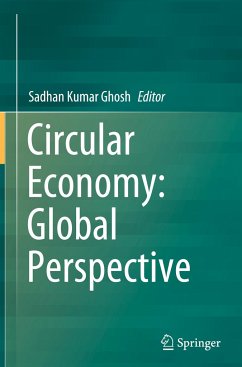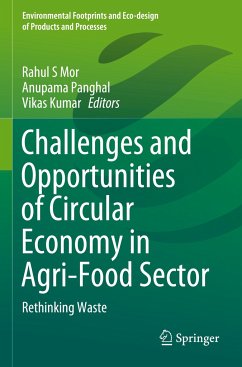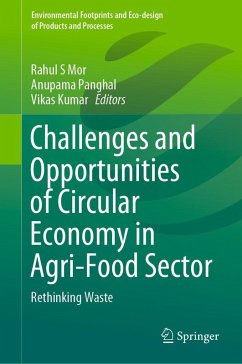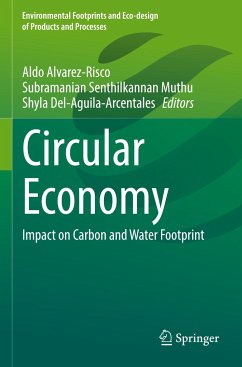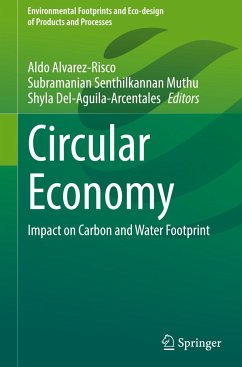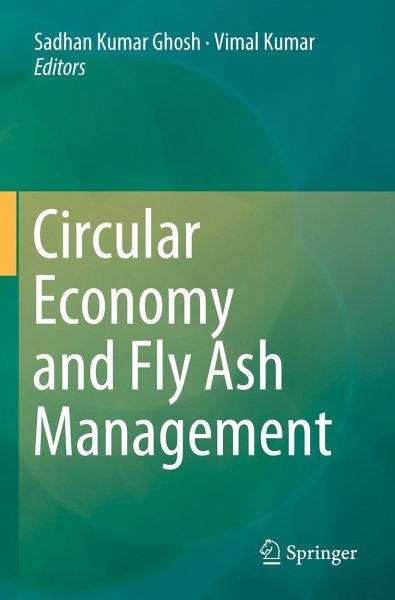
Circular Economy and Fly Ash Management
Versandkostenfrei!
Versandfertig in 6-10 Tagen
76,99 €
inkl. MwSt.

PAYBACK Punkte
38 °P sammeln!
This book presents a number of innovative uses of fly ash. Fly ash is a fine powder that is a byproduct of burning pulverized coal in thermal power plants. It is a pozzolan - a substance containing aluminous and siliceous material that when mixed with lime and water forms a compound similar to Portland cement. Though fly ash was a problem in terms of its disposal, it now has a variety of uses, such as a prime material in blocks, bricks, and PCC paving, and further applications are being investigated. As such, the recovery and reuse of fly ash wastes plays an important role in the implementatio...
This book presents a number of innovative uses of fly ash. Fly ash is a fine powder that is a byproduct of burning pulverized coal in thermal power plants. It is a pozzolan - a substance containing aluminous and siliceous material that when mixed with lime and water forms a compound similar to Portland cement. Though fly ash was a problem in terms of its disposal, it now has a variety of uses, such as a prime material in blocks, bricks, and PCC paving, and further applications are being investigated. As such, the recovery and reuse of fly ash wastes plays an important role in the implementation of the circular economy concept. Featuring selected, high-quality research papers presented at IconSWM 2018, the book provides valuable insights for the recycling industries, power plants, researchers, and governments.



